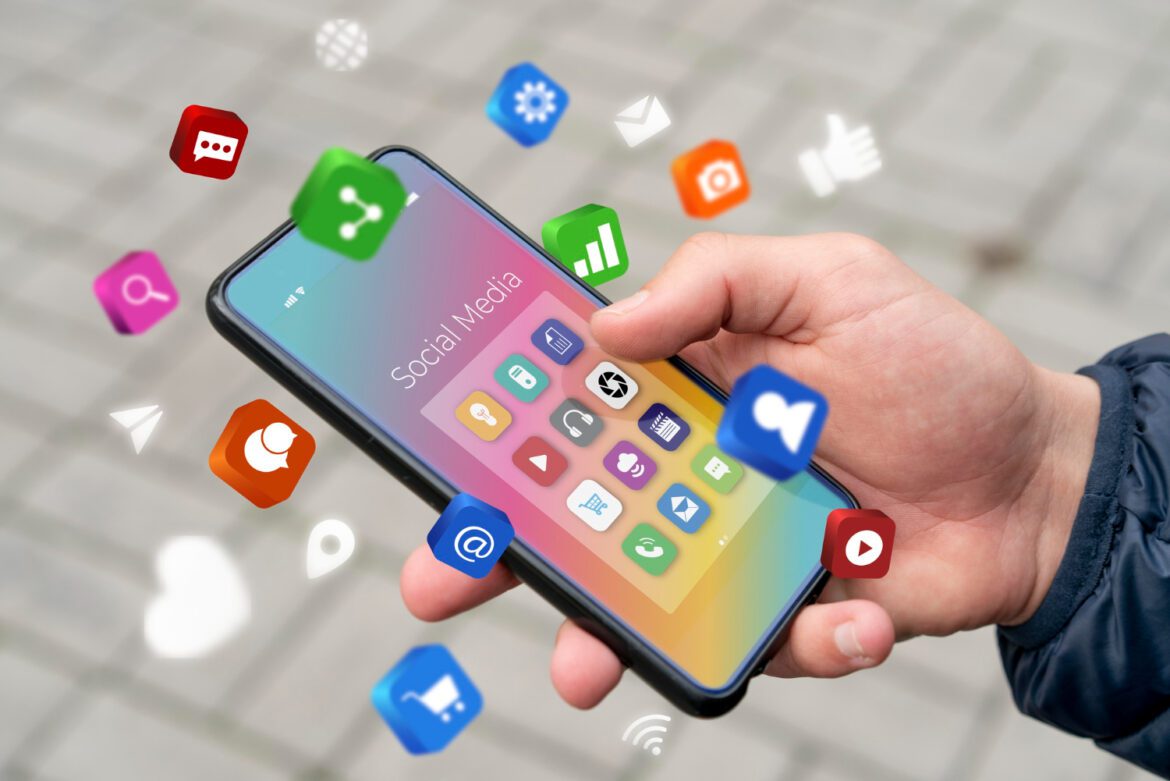With technology evolving daily, we see that next-gen Android mobile applications are designed to enhance user experience, improve efficiency, and provide innovative solutions to everyday problems.
From personal finance management apps to fitness trackers and social networking platforms, Android apps cater to a wide range of user needs and preferences.
With each new release, developers strive to introduce unique features and functionalities that set their apps apart from the competition.
While it takes a lot to develop a cutting-edge Android application, the programming language is the vital element that drives its functionality and user experience.
Choosing the Languages For Android App Development is crucial as it determines the development speed, performance, and the ability to leverage platform-specific features.
Let’s take a look at some of the most promising languages for android app development:
Importance of Android Programming Languages
An android programming language is a language programmers use to develop software and applications for computers to perform.
It provides a set of instructions and commands that help developers create functional and interactive programs for the Android operating system.
With its robust features and extensive library support, an android programming language enables developers to build a wide range of applications, from simple utilities to complex games and productivity tools.
The popularity of the Android platform has made android programming languages, such as Java and Kotlin, essential skills for software developers in today’s technology-driven world.
A programming language assumes a critical part in communicating and performing wanted activities on a device or framework.
It serves as the primary tool for developers to create software applications, websites, and other digital solutions.
When you Hire Android Developers, by using programming languages, programmers can write instructions in a structured manner that computers can understand and execute.
The choice of programming language depends on various factors such as the nature of the project, the target platform, and the developer’s familiarity with the language.
Now let’s take a look at top 8 Android programming languages
Java
Java is meticulously designed to have as few implementation dependencies as possible.
This allows Java programs to be easily portable and run on various platforms.
With its robust and flexible nature, Java has become one of the most widely used programming languages in the world.
From developing enterprise-level applications to building mobile and web applications, Java continues to be a powerful tool for developers across industries.
Kotlin
Kotlin, a modern programming language developed by JetBrains, has gained popularity in recent years, particularly in the field of Android app development.
With its concise syntax, interoperability with Java, and robust tooling support, Kotlin offers a more streamlined approach to building Android apps.
For beginners, Kotlin has a friendlier learning curve compared to Java, making it an attractive option for aspiring app developers.
Due to immense benefits Kotlin has become an ideal choice for Android development.
Furthermore, taking into account its unique features and advantages that set it apart from other programming languages.
C++
Using the Android Native Development Kit, C++ may be utilized for mobile app development services to create Android apps (NDK).
This approach provides developers with the ability to build high-performance, native apps that can take full advantage of the device’s hardware and capabilities.
By leveraging C++, developers can access low-level APIs and libraries, allowing for greater control and optimization of the app’s performance.
Also, using the NDK can be particularly beneficial when integrating with existing C++ codebases or when performance is a critical factor in the app’s success.
C#
In computer programming, memory management plays a vital role in ensuring efficient and reliable performance of software applications.
By automating the process of reclaiming unused memory, C# provides developers with a reliable mechanism for optimizing their code and reducing the risk of performance issues.
The garbage collector in C# works by identifying objects that are no longer referenced or needed and freeing up the memory occupied by these objects.
This eliminates the need for manual memory management and allows developers to focus on writing clean and efficient code without the need to explicitly deallocate memory.
Python
Python is a versatile programming language that allows developers to create apps for various platforms.
One such platform is Android, and with the right methods, Python apps can be convertedinto Android Packages (APK) that can be executed on Android devices.
This opens up new possibilities for Python developers, as they can reach a wider audience by targeting users of Android devices.
Kivy, a free and open-source Python library used in creating mobile apps, supports Android and promotes quick app creation.
It provides a user-friendly interface and a powerful set of tools for developers to build their applications.
With its cross-platform compatibility, Kivy allows developers to create apps that can be deployed on multiple devices, saving time and effort.
It has a large community of developers who actively contribute to its development and provide support to fellow users.
JavaScript, CSS, and HTML
The Apache Cordova-based Adobe PhoneGap framework allows HTML, CSS, and JavaScript to be used for android app programming.
With this framework, developers can create mobile applications using web technologies that are familiar and widely used.
This makes it easier for web developers to transition into mobile app development without having to learn new programming languages or frameworks.
PhoneGap provides a platform-agnostic solution, allowing developers to write code once and deploy it across multiple platforms, such as iOS, Android, and Windows Phone.
Dart
Dart, a programming language developed by Google, is known for its primary goal of facilitating UI creation for programmers.
One of its key features is hot-reload, which enables programmers to view changes immediately as they are made to the application.
By providing this real-time feedback, Dart streamlines the development process and allows developers to iterate quickly on their designs.
This feature is particularly useful for UI-intensive applications where visual changes need to be tested and refined frequently.
Corona
A software development kit called Corona can create Android apps in Lua.
This SDK provides developers with a powerful set of tools and libraries to streamline the app development process.
With Corona, developers can leverage the simplicity and flexibility of the Lua scripting language while taking advantage of the extensive feature set offered by the Android platform.
Corona empowers developers to create high-quality Android apps with ease.
Final Thoughts
The world of app development has seen significant advancements in recent years.
One such advancement is the use of android languages to construct a wide variety of apps.
These languages have become indispensable tools for developers, allowing them to create everything from chat messengers to music players and games.
With their versatility and flexibility, these languages provide developers with the tools they need to create innovative and engaging mobile experiences.
Whether you’re building a simple utility app or a complex gaming application, the android languages offer a range of features and libraries.
You can leverage them with an Android Application development company to bring your ideas to life.
In addition, the android development ecosystem provides ample resources and support, making it easier for developers to learn and master these languages.




